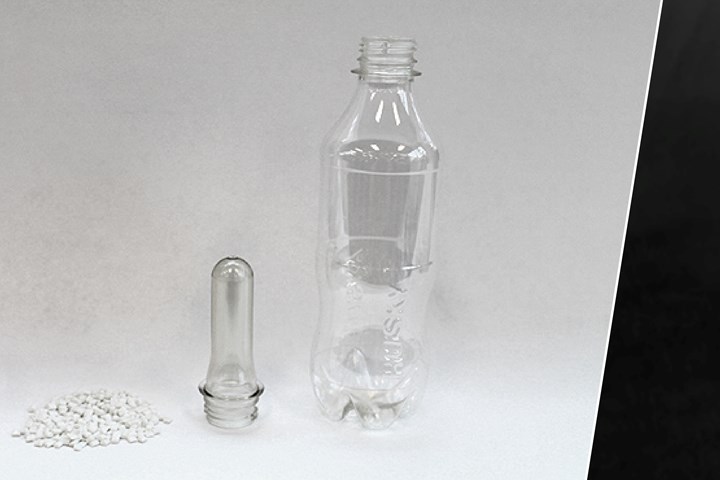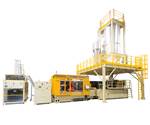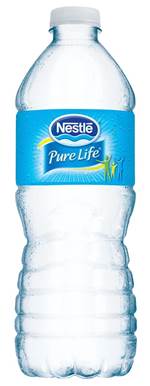Production Milestone Achieved for Partially Biobased PET
Origin said its partially biobased PET was injection molded into preforms by Husky, using that company’s established PET processing technology, and then stretch blowmolded into bottles.
Origin Materials Inc. (West Sacramento, Calif.) and Husky Technologies (Bolton, Ont.) announced what they called a milestone in the commercialization of PET incorporating the biobased feedstock FDCA (furandicarboxylic acid), which replaces petroleum-based PET component terephthalic acid (PTA), using standard PET equipment to injection mold preforms from PET/F, which were subsequently blowmolded into bottles.
Origin said this was made possible by its success in polymerizing the bio-based chemical FDCA into the common recyclable plastic, PET. The companies used Husky’s well-established PET injection molding technologies, indicating the possibility for a commercial scale manufacturing of PET/F, by incorporating the new “hybrid” material into existing PET production systems.
Origin said its goal is to develop a family of 100% bio-based, low-carbon PET/F polymers offering full recyclability. In addition, the company believes PET/F will have tunable properties, allowing for grades with enhanced mechanical performance and superior barrier properties, compared to standard PET, including the possibility for longer shelf life.
Origin’s goal is to enable the production of FDCA, PEF (polyethylene furanoate), and PET/F at commercial scale using its patented technology platform, which turns the carbon found in sustainable wood residues into useful materials, while capturing carbon in the process.
As a chemical building block, Origin says FDCA can be used to make polyesters, polyamides, polyurethanes, coating resins and plasticizers. FDCA is also the precursor for PEF. Origin’s PEF is expected to be 100% bio-based, fully recyclable, and offer a significantly reduced carbon footprint.
In response to Plastics Technology questions, an Origin spokesperson said its PET/F resin can run in PET machines just like other PETs. The spokesperson noted that the ‘tunable’ properties like enhanced mechanical performance and superior barrier properties enabling longer shelf life are controlled by adjusting manufacturing conditions and the quantity of FDCA copolymer. Asked if the resin could serve as a drop-in replacement to PET without tooling changes or in high cavitation systems, the spokesperson said that at this time Origin has not disclosed a level of detail beyond what was previously stated, with respect to manufacturing conditions.

Working with Husky, Origin utilized its PET/F material to create preforms and bottles using existing PET processin technologies.
Photo Credit: Origin
Related Content
-
How to Extrusion Blow Mold PHA/PLA Blends
You need to pay attention to the inherent characteristics of biopolymers PHA/PLA materials when setting process parameters to realize better and more consistent outcomes.
-
Coca-Cola’s Redesign of Small PET Bottles Pushes Lightweighting Below Prior ‘Floor’
Coca-Cola thought it had reached the limits of lightweighting for its small PET carbonated soft drink bottles. But a “complete redesign” led to a further 12% reduction.
-
Multilayer Solutions to Challenges in Blow Molding with PCR
For extrusion blow molders, challenges of price and availability of postconsumer recycled resins can be addressed with a variety of multilayer technologies, which also offer solutions to issues with color, processability, mechanical properties and chemical migration in PCR materials.







